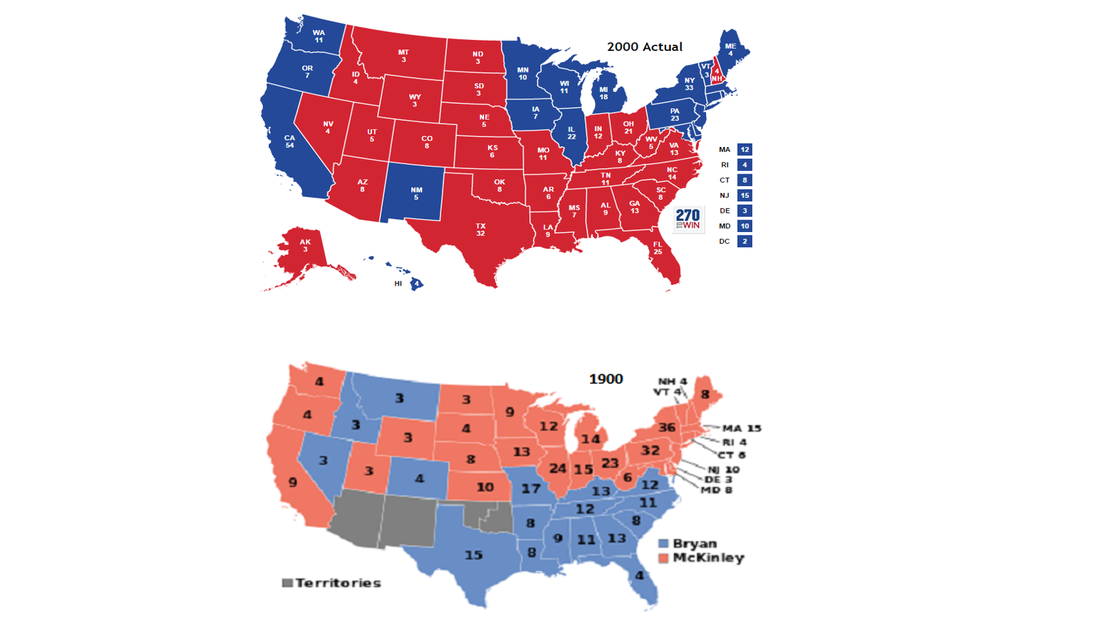
It first came to me after a lecture in Issues in Contemporary Economics in which I was taking a conservative view on taxes. A student came up to me after class and stated that she disagreed with me but was afraid to speak out because it would adversely affect her grade. I assured her that this would not be the case and I made a similar announcement to the class and every other Economics class that I teach. This student subsequently wrote a paper on the virtues of an increase in minimum wage. Her grade was an A with the following ending comment from me; “I literally disagree with every argument you espoused, but well researched and written! A”. As an after note, I still preface all my courses with that statement concerning difference of views.
Those of you who know me know that I have very conservative fiscal views, but tend to be more liberal on social views. No I am not a Libertarian, I am very much a proponent of the Federal Reserve system and I consider myself a moderate Republican (see blog of Oct 2016). However, what I have noticed, as I’m sure many of you have too, is how liberal many colleges and universities have become. Where I’m currently teaching at UNH is very much more liberal than where I use to teach at Bentley, mainly a business University. However, I had no idea of how liberal until I read an article in Boston magazine (January 2017) by Chris Sweeney which is entitled, “How Liberals Are Ruining College.” In this article, he points out the research done by Samuel Abrams, a professor of Politics at Sarah Lawrence college In new York, and separate research/statements of Smith College professor, James Miller.
In this article, Sweeney points out that the ratio of Liberal to Conservative teachers in the United States is 5:1, however, in New England, that ratio soars to 28:1. Why is this and how did it happen, and why New England. The answer may be a long one and history always plays a part. If you look at the electoral maps of 1900 and 2000, New England did a virtual 180. There are a lot of different and conflicting answers to this question, but it appears to be a function of a large number of immigrants (legal) in the early to mid 20th century who tended to have a more socialist bent, and a definitive stand against racism, which also appears to have changed the solid democratic south to republican. Sweeney goes on to point out where there are a number of teachers who actively stifle political views. When influential political conservative Phyllis Schlafy died, he quotes an anonymous Brandeis professor as saying, “there is a special place in hell for her”. This info was gleaned from a Brandeis student who was named in the article. This same prof, according to the student, eulogized Tom Hayden (founder of Students for a Democratic Society). The overall effect, is that many prof’s are suppressing conservative views, both from students and non-tenured profs, stifling open discussions, and tend to espouse liberal views and demonize conservative views.
As an educator, one thing I find to be very satisfying is when I have a liberally fiscal student who graduates, goes out into the real world, starts paying taxes after getting up at 5-6 AM for work, and realizes that there was some credence to what I was saying. I usually find this out via e-mail or at homecoming. However, what I always keep in mind is a quote from Tom Clancy in one of his Jack Ryan books, “the height of intellectual maturity, is the embracing of an opposing view.” Unfortunately, this seems not to be the case in many New England Universities.
 RSS Feed
RSS Feed
